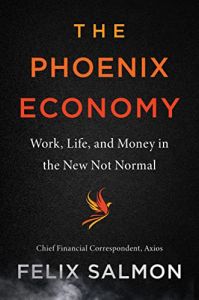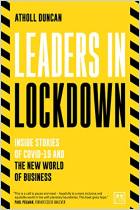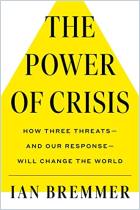Melden Sie sich bei getAbstract an, um die Zusammenfassung zu erhalten.

Melden Sie sich bei getAbstract an, um die Zusammenfassung zu erhalten.
Felix Salmon
The Phoenix Economy
Work, Life, and Money in the New Not Normal
Harper, 2023
Was ist drin?
The COVID-19 economic recession was short but intense, and it reshaped the world.
Recommendation
In this perceptive look at the COVID-19 pandemic and its aftermath, financial journalist Felix Salmon takes stock of a legacy of lockdowns and social distancing. He details the pandemic’s market effects and inflation, but he also delves into the societal costs of the virus. In just one of many insightful bits of analysis, Salmon frames the bubble in meme stocks, cryptocurrencies and NFTs through a generational lens: Millennials took a chance at getting rich while spurning their elders’ traditional views. Along with its deep dives into the mental health crisis and the upset in American workplaces, Salmon’s text offers a comprehensive view of COVID-19’s lasting impacts.
Summary
About the Author
Felix Salmon is chief financial correspondent at Axios and the host of the weekly Slate Money podcast.




















Comment on this summary